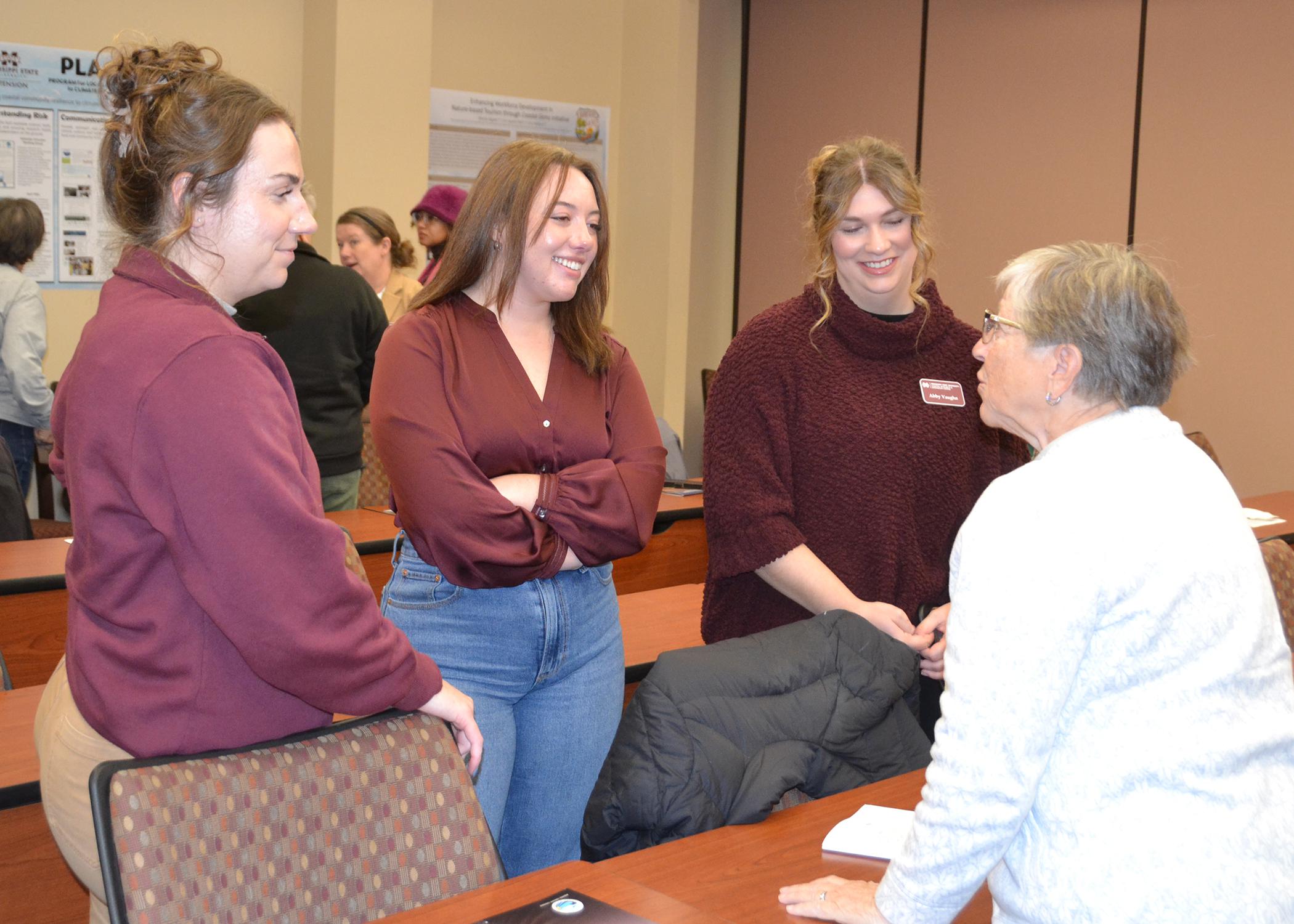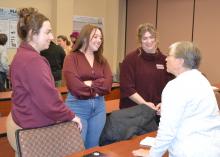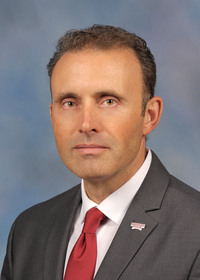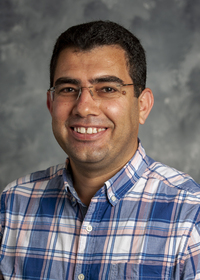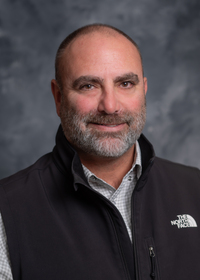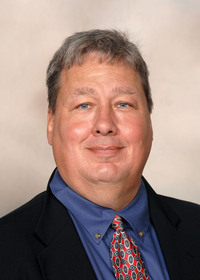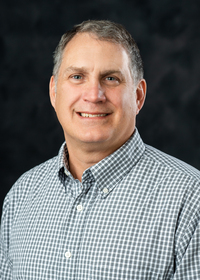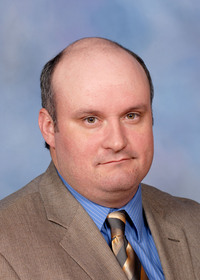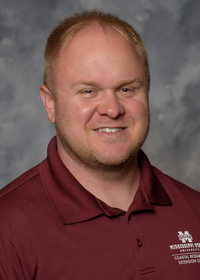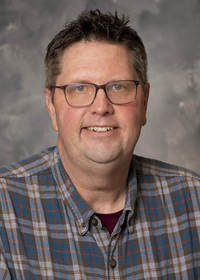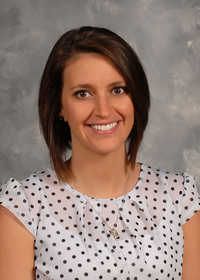Clients share needs with MSU agents, specialists
BILOXI, Miss. -- A large group of agricultural producers gathered at the 2025 Producer Advisory Council meeting Jan. 14 at the Coastal Research and Extension Center in Biloxi.
The annual meeting serves as a forum for agricultural producers to discuss their needs with Mississippi State University personnel, including administrators, researchers, specialists and Extension agents with the MSU Mississippi Agricultural and Forestry Experiment Station and MSU Extension Service.
“This meeting is valuable to us,” said James Henderson, head of the Coastal Research and Extension Center, the hub for MAFES research and Extension education in the center’s 21 counties in southeast Mississippi. “We work for you, and we need you to tell us where you need more education and more research to help you get solutions to your problems. The information we gather today helps guide our MAFES research and our Extension education programs.”
Six commodities were represented: apiculture, forestry, horticulture, livestock, poultry and coastal and marine issues.
Apiculture, or bee, producers discussed the need for more control options for opportunistic or secondary pests, such as small hive beetles and yellow jackets. The group requested education designed for homeowners, pool suppliers and pool installers regarding what attracts or deters bees from pools. They would also like a compiled list of speakers and topics for local groups to use for educational meetings.
Forestry representatives talked about the need for more timber markets, the lingering effects of drought stress on trees, the need for more prescribed burn contractors and trainings and more research on control methods to address invasive species.
Members of the horticulture group discussed concerns about the small fruit market and the ability for small producers to compete in the global market. They also talked about diversifying production offerings in cut flowers and small fruits.
Livestock producers would like education on basic animal husbandry.
Poultry group members would like more education for backyard flock producers. The group discussed insect control, respiratory issues, quarantine periods for new animals and biosecurity protocols for backyard flock owners.
The coastal and marine issues group talked about issues with the marine debris workforce and the lack of automation for the seafood industry. They also discussed the following needs: more native plants for restoration projects, more young entrants into the fisheries industry, tech support for climate data and more rapid assessments of disaster impacts.
MSU Extension Service and MAFES administrators also spoke to the crowd.
“On behalf of Extension Director Angus Catchot, I want to thank you for your attendance today,” said Associate Extension Director Trent Irby. “Hearing from you about your needs is important to us. This helps us get you the information you need to be successful.”
Jamie Larson, associate director of MAFES, expressed her appreciation for the producers who shared their input.
“We are happy to be here with you today,” Larson said. “Our director, Dr. Scott Willard, is focused on doing the work that our stakeholders can benefit from. All the notes I’ve taken today, I’ll take back, and we will talk about them. We want to get our facilities at our research and Extension centers staffed and make needed improvements. We just don’t have the funding to do everything we want to do right now. But we will continue to evaluate our options.”
The annual meeting hosted 127 people in the southeast region.
Producers in the northern region will meet on Feb. 20 in Verona, and central region producers will meet on Feb. 18 in Raymond.

